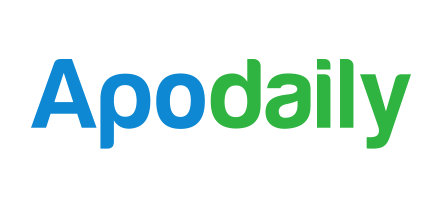Non-Fungible Tokens (NFTs) 101

In this Non-Fungible Tokens (NFTs) 101 we will share with you the basics that you need to know about the NFT world. You can then use this knowledge to explore the world of NFTs more and even get involved in the creation, buying and selling of them.
In this Non-Fungible Tokens (NFTs) 101 we will share with you the basics that you need to know about the NFT world. You can then use this knowledge to explore the world of NFTs more and even get involved in the creation, buying and selling of them.
A Unique Digital Certificate
An NFT is a digital certificate that is unique and stored on a blockchain such as the Ethereum network. This digital certificate details certain ownership rights for the digital asset. An example of an NFT could be a piece of digital art.
The digital world is renowned for copying. It is essential to have something like an NFT which cannot be copied to prove ownership of an asset. Only one person can own an NFT at a time. They can sell their NFTs to other people and they become the sole owner. This does not stop an NFT being copied but it will never be the genuine article.
Non-Fungible Versus Fungible
An NFT is a non-fungible asset. This means that every one is unique and has a different value. Cryptocurrencies such as Ether and Bitcoin are fungible. You can hold many units of these currencies and they have the same value. It is the same in the fiat currency world with the $1 bill for example.
NFTs created with Smart Contracts
The correct term for creating NFTs is “minting”. All NFTs are minted in association with a smart contract. Smart contracts are programs that are store on blockchain networks. You can use a smart contract to define things about an NFT. One of the major benefits of NFTs is that the creators can retain the original contract and add royalties for additional income. A buyer that purchases an NFT may want to resell this in the future. When the resale transaction occurs, the original NFT creator can receive a commission on the sale. This is all in the smart contract of the NFT.
You need a Crypto Wallet (Digital Wallet) for NFTs
If you want to create your own NFTs, buy them or sell them, you will need a crypto wallet to do this. NFT creators can store the token information in their crypto wallet. When someone purchases an NFT, the token will pass to their crypto wallet.
The blockchain network where the NFT is stored is used to enact any transactions. What is happening here is that the ownership of an NFT is transferred from one crypto wallet to another. Crypto wallets are also used to store cryptocurrency such as Bitcoin and Ether.
NFTs are usually Scarce
One of the most attractive things about NFTs is their scarcity. Buyers know that an NFT is unique and that it is easy to prove provenance and authenticity. A lot of people create NFTs for art and collectors understand that there can only be one owner.
It is possible for an NFT creator to provide a limited number of their NFTs for the same item through the smart contract. Potential buyers can easily see how many NFTs are part of the limited edition and base their purchasing decision on this.
All NFTs use Blockchain
An NFT cannot exist without a blockchain network. All NFTs have to be minted on a blockchain network such as Ethereum. This creates a unique token that all users can access to confirm ownership and other essential metadata.


Comments
Be the first to comment...